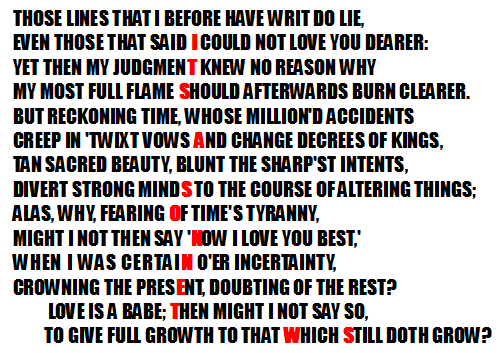Cynthia Knight published this dialogue in the Journal of Recreational Linguistics in 1984 — apart from the italicized words, it’s composed entirely from two-letter state postal abbreviations:
Characters:
MS. INGA LANE, paid cook
NEAL DEMSKY, lame vandal
PA (akin), many-decade lama
Places:
Arid moor
Arcade game near Marineland
Concorde de la Mode
Season:
Pascal
Props:
Pail, cane, alpaca
NEAL: Decoct, maid! Almond wine! Deal?
INGA (in coma): Ma! Papa! Come near me! Alms!
NEAL (florid): Mine meal! Moil, Inga!
INGA (in pain): Demand in vain!
NEAL aria, or pavane
NEAL lams
INGA (in code): Deny; hide mail; scar me! Oh, inky condor, come! Oh, mend me!
PA came
PA: Hi, Inga. Come ride; wide lane? Mom’s game.
INGA (wail): Candor, OK? Pact?
(“Who can finish this absorbing story?”)

